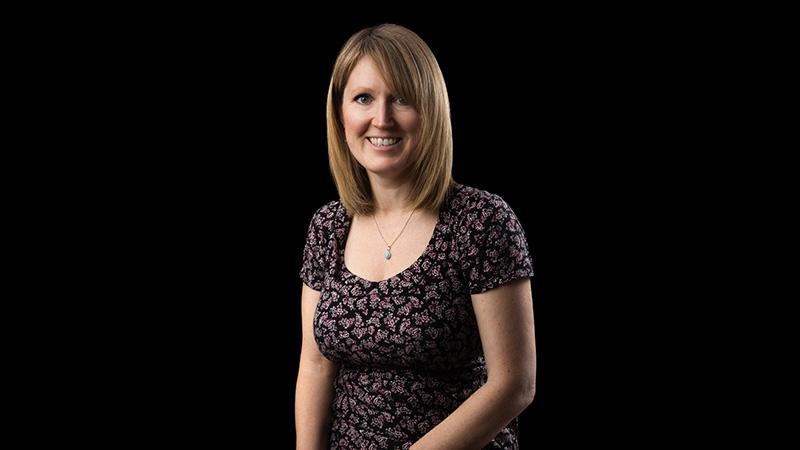Professor Catherine Loveday, Professor of Cognitive Neuroscience, was interviewed by BBC World Service about dreams and whether they really matter.

In the interview, she said: “I think people think that just because something is dreamt about it’s not as powerful, but we know that the brain activity is really similar to actually experiencing something. The emotion and perceptual centres are still being activated and so it can feel very real, and I think that you can have the same response almost as you could to a real trauma.”
Talking about new research on the ‘overfitted brain hypothesis’, she added: “They [researchers] have found that we have more of these bizarre dreams when we have done particularly repetitive things, so when we have done the equivalent of the neural network of repeating an activity, we are more likely to have dreams where we dream bizarre, unusual things which allow us to generalise what we have done in the day to a wider example.”
Talking about whether people have more bizarre dreams when they’ve had an uneventful day, she said: “I think this is the explanation for why people had so many bizarre dreams during the beginning of lockdown because suddenly it was really repeated but it was also new and that is the perfect situation for the brain to produce these bizarre examples.”
Listen to the full interview on BBC Sounds.


